A brief personal note from Editor-in-Chief Mark Williams as TNPS gets back on track after a month of severe disruption, that is still not fully over.
The Ghana Library Authority this week commissioned a new Senior High School Library in the eastern Region, Asokore, per the tweet below.
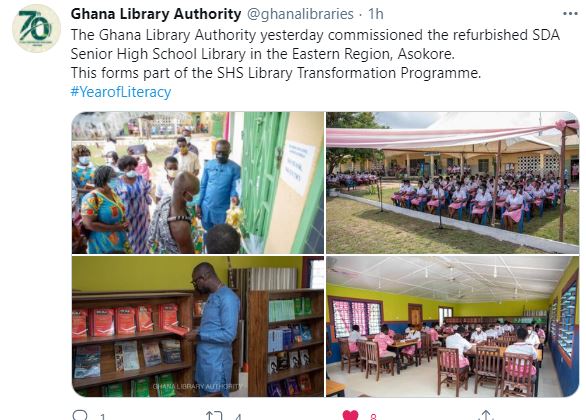
In fact Ghana Library Authority has been busy. This from last week:
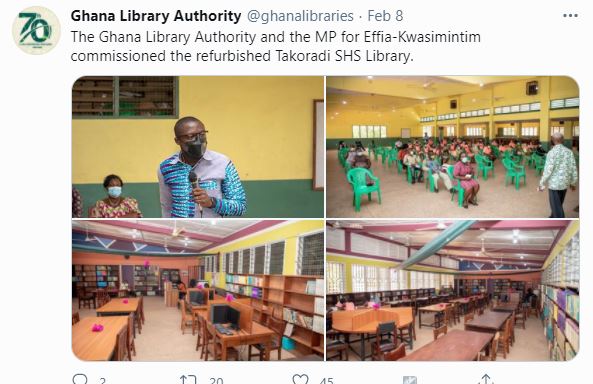
Ghana is a testament to the great progress being made across many parts of Africa with library provision for schools and public use, but sadly the stereotype of African countries with few books still rings true.
I’m writing this from The Gambia – also in West Africa but a different planet compared to Ghana – where books are still a novelty and libraries few and far between.
This past month, as TNPS regulars will know, I’ve been offline much more than on as we were hit by an unprecedented run of internet outages, faults on the ACE submarine cable connecting Africa and Europe, and localised ISP disruption.
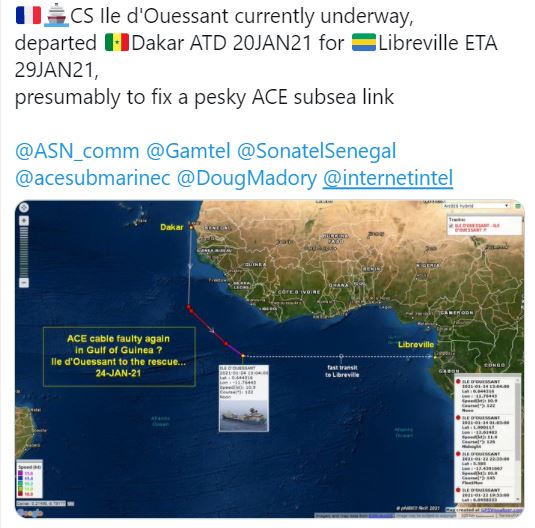
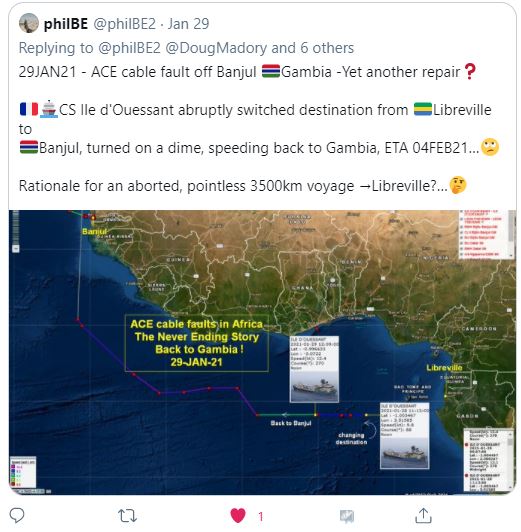
And then…
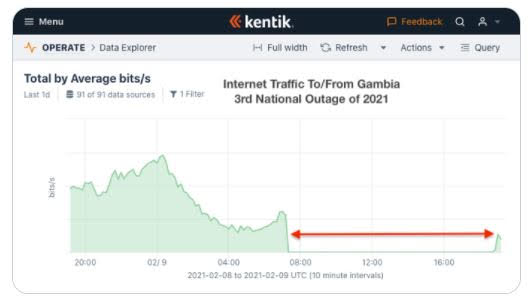
Problems persist, and I’m not about to tempt fate with a headline declaring “TNPS is back!” – but it is hoped that I’ll be at least functional with TNPS hereon.
But during my enforced downtime I’ve had some extra time with the children’s projects here, and that has brought home the crisis in reading that faces small, impoverished countries like The Gambia.
My nursery school struggles to get books suitable for young children (2-7 years) – handfuls at a time, in a good quarter – and books don’t last long in the eager hands of small children.
This past week we were down to one single reading book – one I picked up second hand from a container of pre-owned goods from Europe – which I handed to one of our new students, Adama, who at almost seven years had never seen or held a book in her life before.
Yes, try to even imagine that, if you will, from the comfort of our western publishing world where the problem is having too many books to choose from.
For the first time in her life Adama was sat in a chair with a book on her lap, turning paper pages full of print and pictures, and while the words meant nothing to her (she’s late starting at school and has not yet learned to speak or read English – and no, there are no books in her local language) she was totally enchanted by the images and the experience.
Seeing children with books for the very first time is an all too common event for me, but never fails to be an emotional experience and one that drives me to live here amid a daily battle to have even electricity and water available, let alone the internet.
The children at my nursery school will leave at least able to read, and go on to primary school and perhaps secondary school, but few will ever enjoy the pleasure of reading as a leisure activity. Few will ever discover new authors, visit new worlds and have their imaginations and their learning abilities stretched by the simple joy of reading we take for granted. Even fewer will discover the joys of writing for pleasure, let alone become authors writing as a career.
The Gambia is among the poorest countries on the planet. Many children will never go to school, and those that do will mostly be taught in overcrowded classrooms without the books they need to even learn, let alone read for pleasure.
At my school, an absolutely-not-for-profit community school, 70 children attend free of charge, courtesy of myself and StreetLib, and for the rest, parents are asked to pay 150 dalasis per month (that’s less than US$ 3.00 per month, or US$10.00 per term). The fees go towards covering teacher salaries. Uniforms are provided free of charge, along with such learning materials and books as we can find, yet still many parents struggle to pay the fees.
As a school we struggle to fix holes in the floor, as here:
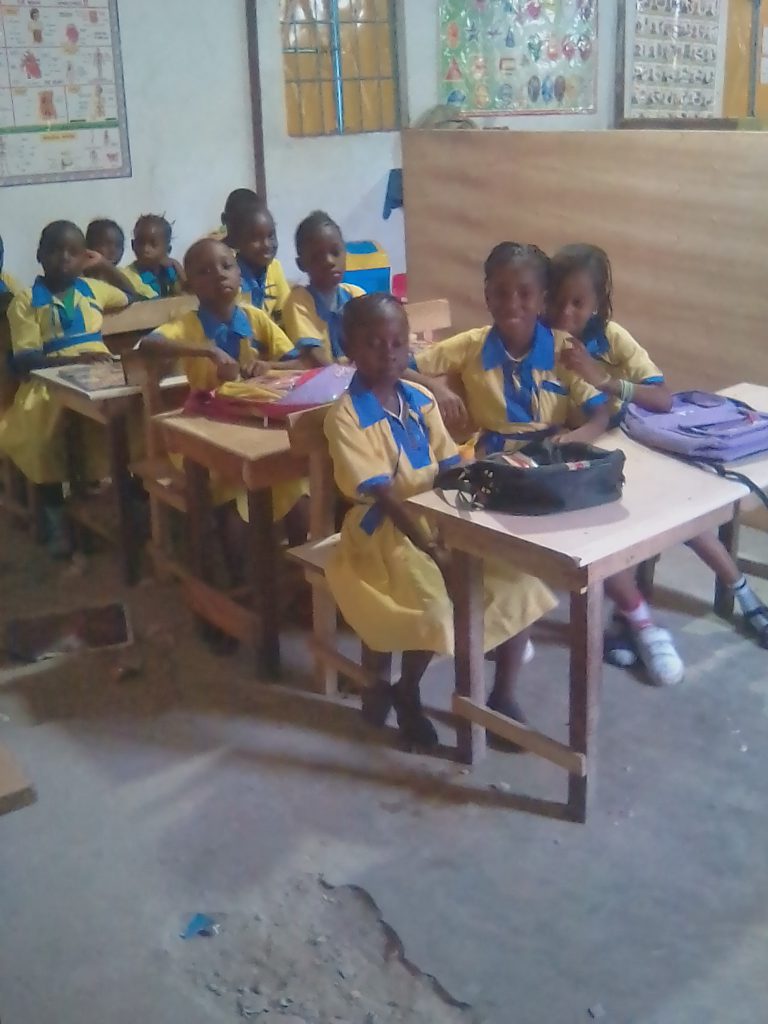
Ideally the whole school floor needs relaying and tiling, but all funds are currently going to putting in new toilets and developing a safe play area.
This year the plan is to expand the school, acquire new land to erect new buildings to accommodate more Day Care and Nursery School children. Currently we can accommodate just 180 in good times – but fewer right now with Covid-19 regulations (the picture was taken pre-pandemic rules – and yes, the floor is now much, much worse), and to begin our Primary education project with our first Primary 1 classroom, but all must be be done without raising costs to the parents, many of whom feed entire families on little more than a dollar a day.
Costs here are a fraction of what they are in the rich west, but our “inexpensive” is still “unaffordable luxury” for most people here.
Many TNPS readers have privately asked about supporting the schools projects, and last year StreetLib CEO Giacomo D’Angelo and I discussed ways that StreetLib might assist further by enabling donations (cash, books, equipment, etc) to be made via the security of the StreetLib operation, to ensure full accountability and safety of contributions.
Assuming the internet problems allow, we hope to kick that off in March, when, alongside a back-to-normal TNPS service, I’ll be offering regular posts about the projects and the children and share a flavour of a life so very, very different from what most TNPS readers will ever have experienced.
As authors and publishers we all understand the importance of books in children’s lives. And as authors and publishers we will also appreciate the fact that TNPS and its insights and reportage, clearly valued by so many in the global publishing community, comes free of charge courtesy of StreetLib, with no advertisements or upselling, and there are no plans to change that.
The Children First Nursery School support page and posts and images that will appear here on TNPS from next month will offer a chance to those that so wish to show that appreciation in a meaningful way and help change lives here.
Thanks in advance, on behalf of the children, for any support you may be able to offer.

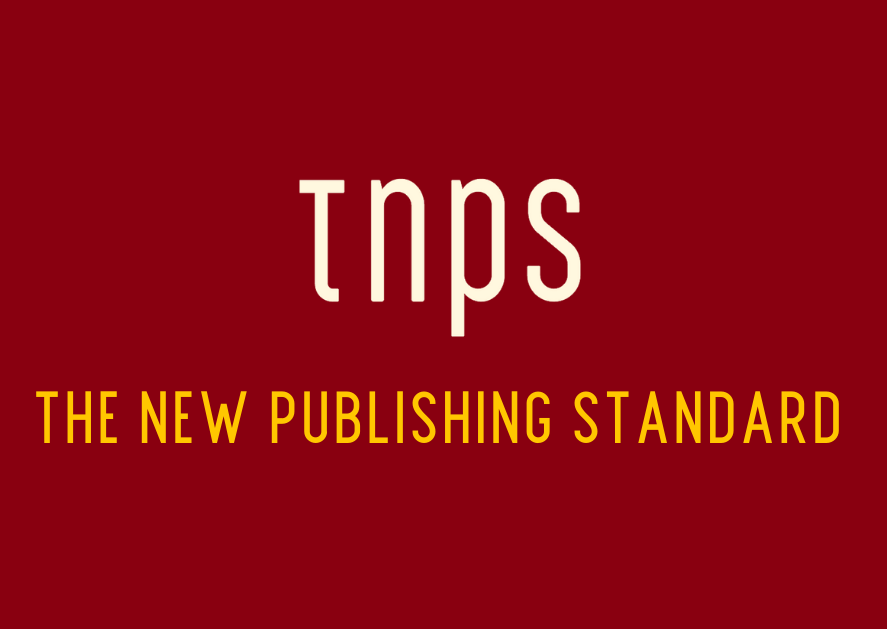

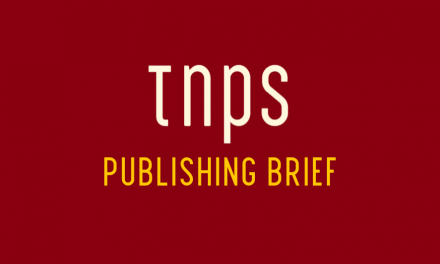

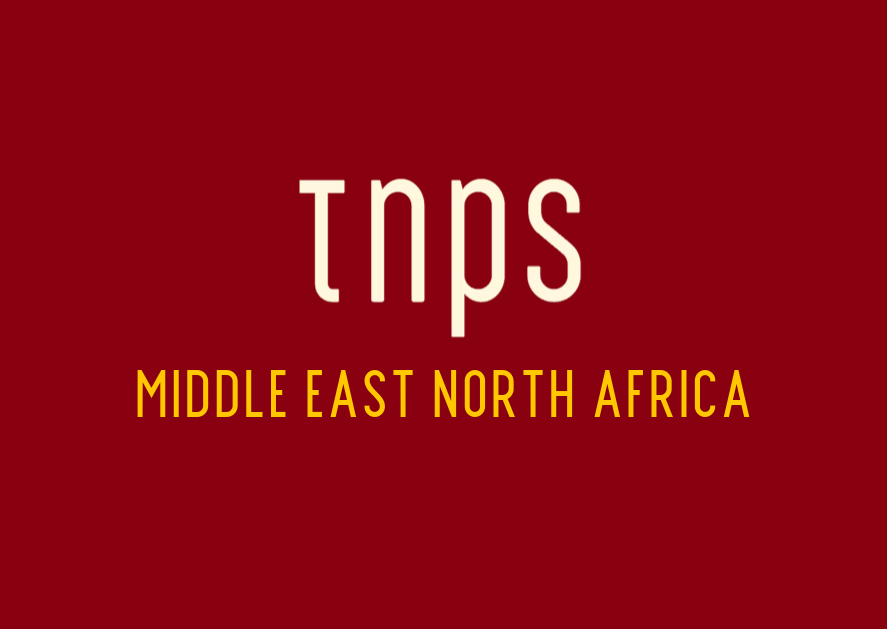
Congrats to the Ghana Library group for their work!
Please let me know if you set up a program with StreetLib for monthly donations. Also is there an address for StreetLib to send children’s books?
Thanks so much for the amazing work you’re doing in international publishing and especially with the nursery school.
Thanks, Bonnie.
I’ll update on this early next month.
As regards books being sent here, we’re exploring options. More on that ASAP!
Thanks again!
Thanks for sharing, Mark. I’d definitely like to donate, so please let us know when that’s a possibility.
Thanks, Joanna!
We’ll have a safe donations facility in place as soon as possible, and will explore options for donors to directly engage with the school, the children and the families if so desired.
Thank you so much for sharing this article, Mark, and for the planned updates, to be followed closely.